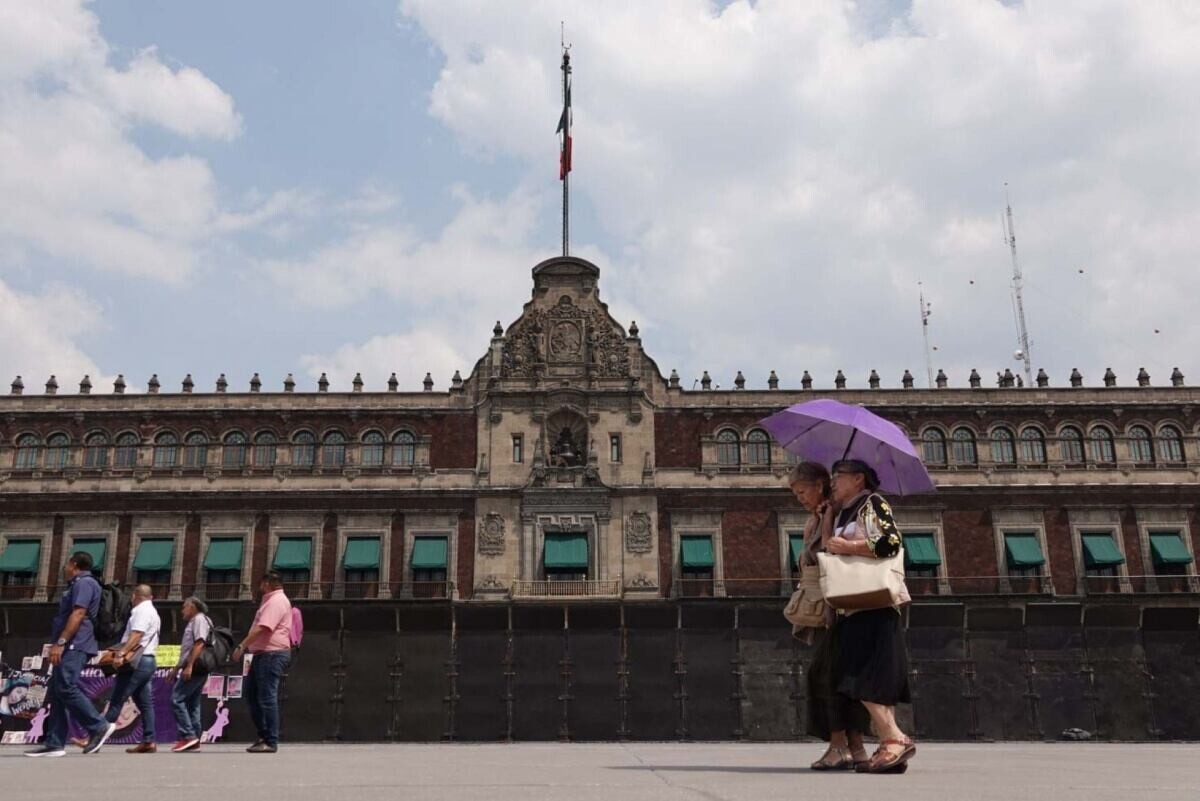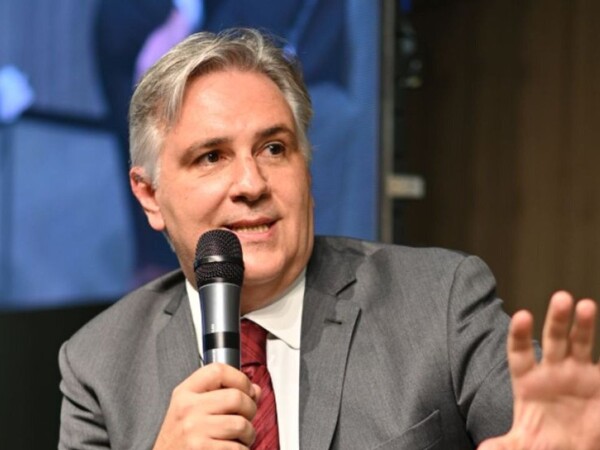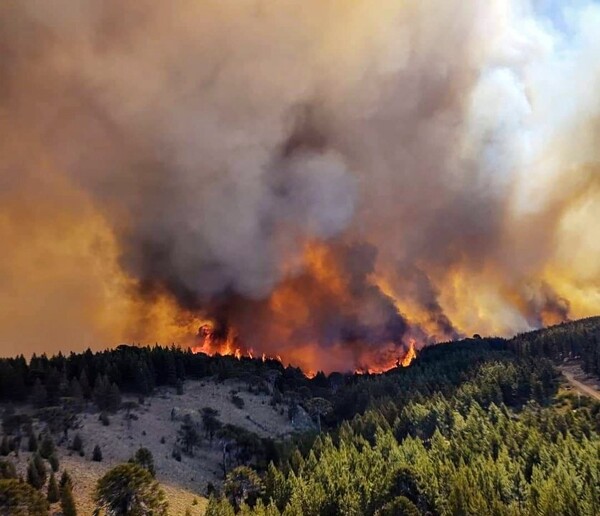
Amid constant changes in the world, which go beyond modifications in governments and economic cycles, a profound shake-up in the structures of the established order is observed. This crucial moment has been compared to 'the banality of evil,' highlighting the importance of rejecting complacency and simplification in politics and the exercise of power.
From various spheres, whether political, social, cultural, or technological, there is evidence of questioning how power is exercised and governed, prioritizing responsibility and collective awareness as fundamental elements for achieving genuine and lasting transformations. Citizenship plays a crucial role in legitimizing or delegitimizing leaders, underscoring the need for active, critical, and vigilant participation from the population.
The emergence of new leaderships in different regions of the world reflects a widespread disillusionment with traditional forms of power and a yearning for significant changes. However, the question arises whether these transformations represent a true change or simply the repetition of old patterns with new faces.
History reminds us that complacency and lack of alternative imagination can erode coexistence and trust, weakening the capacity to innovate. There is a need to reflect on the kind of society being formed by opting for passivity in the face of injustice or justifying the unacceptable.
The work of Hannah Arendt resonates in this context, reminding us of the importance of thinking and questioning rather than obeying blindly. The author warns against participation in evil through thoughtless obedience and emphasizes the relevance of discerning and judging amid changes and crises. Where are we heading in this cycle of transformation, and how will it affect future generations? These questions invite reflection on the individual and collective role in shaping the future.














